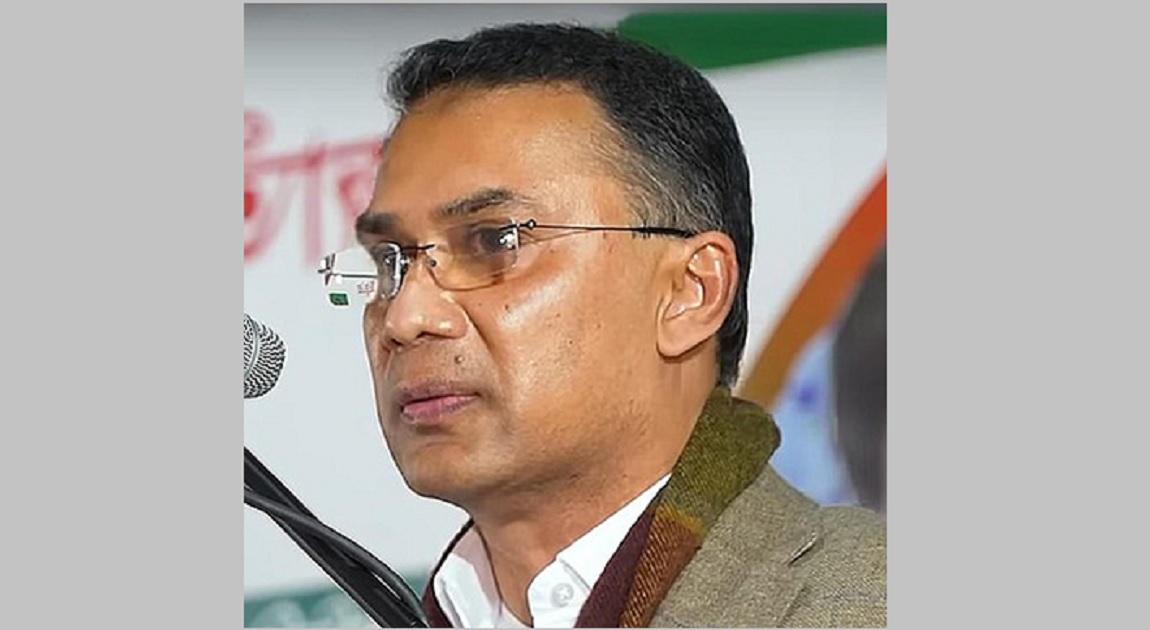In the 2024 July people’s uprising, which ended the 15-and-a-half-year rule of the Awami League government, Tarique Rahman, the acting chairman of the BNP, played an active role from London at various stages of the movement.
Over the past year, some political figures have described him as the “sole mastermind” of the uprising. However, in an exclusive interview with BBC Bangla, Tarique Rahman firmly rejected that label.
“Neither an individual nor a political party is the mastermind of the July movement. It is the pro-democracy people of Bangladesh,” he told BBC Bangla, emphasizing that the uprising was a collective effort.
Rahman, who has been living in exile in London since September 2008, said that the movement’s roots extend back many years before the July uprising. “Leaders and activists of all democratic political parties—including BNP and others—contributed in various ways. Many of them suffered repression, yet when the movement reached its peak in July–August 2024, people from across the political spectrum participated,” he said.
He highlighted that participation went beyond political activists. “We saw madrasa students on the streets. Housewives came out, following their children. Farmers, workers, CNG drivers, shopkeepers, garment workers, and even retired military personnel joined the movement. Many journalists who had fled abroad due to authoritarian repression also participated. We should not diminish anyone’s contribution,” Rahman said.
According to Rahman, the uprising was fundamentally the people’s movement, cutting across political affiliations, social classes, and communities. “This was the movement of the Bangladeshi people. The masterminds are those who believe in democracy—not any single party or person,” he added.
When asked about his coordination with student leadership during the uprising, Rahman said, “Since I was working from abroad, communication had to be online. Given the state of telecommunication and internet under the authoritarian regime, direct communication was often challenging, but we coordinated as best as possible.”
Addressing claims or attempts by various quarters to take credit for the uprising, Rahman said BNP bears no sole responsibility. “This is an unforgettable event in Bangladesh’s history. The credit goes to the people, not any individual or political party. While some may voice claims, the fact remains that the success was achieved by the people,” he said.
Rahman also acknowledged the human cost of the uprising. “Around 63 children were martyred, and nearly 2,000 people lost their lives. About 30,000 others suffered injuries or disabilities. It is now our collective duty—including the state, government, political parties—to stand by these families and honor their sacrifices,” he said.
The interview was conducted by BBC Bangla’s editor Mir Sabbir and senior journalist Kadir Kollol. The first part of the interview, over 44 minutes long, was released on Monday morning, with the second part scheduled for release on Tuesday.

















-20260221022942.jpg)
-20260221022827.webp)















